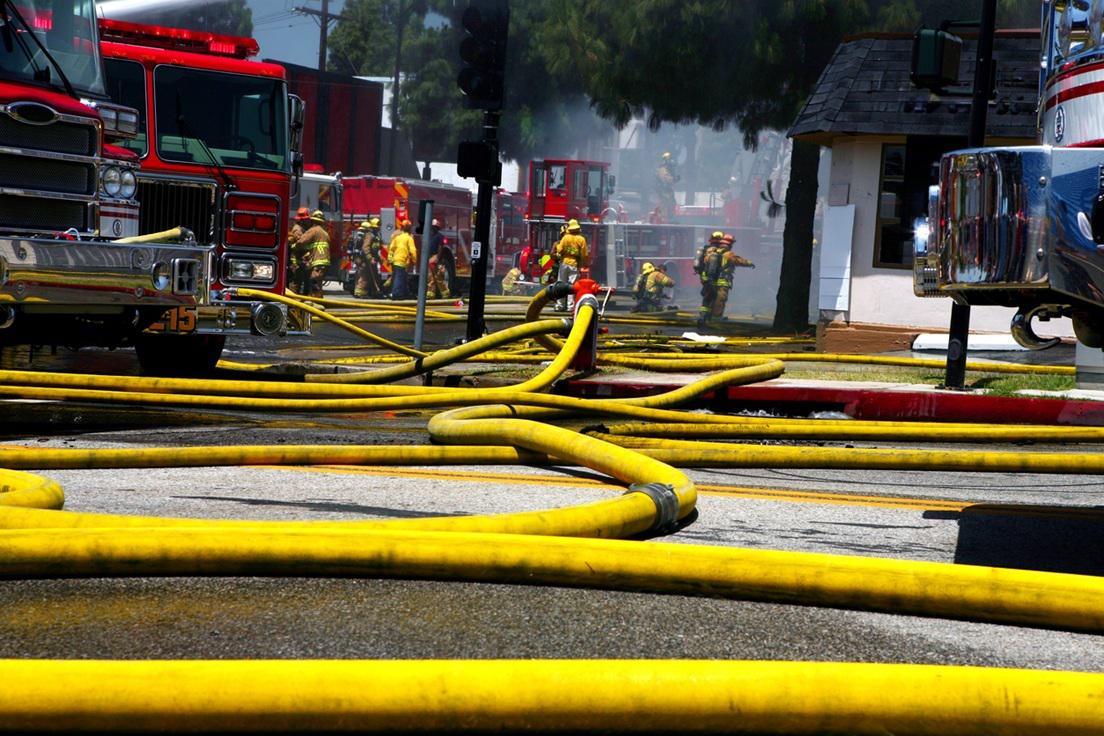Identifying the Cause of Pipeline Explosion Accidents

Pipeline explosions are catastrophic events that can result in severe injuries, loss of life, and significant property damage. In a recent episode of Best’s Insurance Law Podcast, safety expert Dr. Janine McCartney shared recent trends in these types of explosions.
In the podcast, Dr. McCartney identified what she believes to be the five primary causes:
- Excavation Damage
Construction or digging can create holes or cracks in pipes that allow flammable gases or liquids to escape. When these substances find an ignition source, an explosion can occur. Between 1993 and 2012, third-party excavation damage led to 1,630 pipeline incidents, resulting in 141 deaths, 440 injuries, and $3.7 million in property damage. - Manufacturing Defects
Faulty pipe fittings, elbows, and other components can lead to dangerous vulnerabilities in a pipeline system. If the materials are improperly selected or contain manufacturing flaws, they may not withstand pressure, increasing the risk of explosion. - Improper Installation
Poor installation of pipes, fittings, and related components can result in loose connections and leaks over time. These weak points create conditions that make an explosion more likely, especially if flammable substances are involved. - Corrosion
Over time, exposure to water, corrosive liquids, and other environmental factors can degrade pipeline materials. Corrosion weakens the structural integrity of the pipes, increasing the likelihood of leaks and potential explosions. - Poor Maintenance
Inadequate maintenance of pipeline systems can lead to dangerous conditions. In some cases, companies may be unaware of existing pipelines due to incomplete safety risk analyses or missing process and piping diagrams. Without regular inspections and maintenance, undetected issues can escalate into deadly explosions.
Third-party contractors performing work on pipelines can also introduce safety hazards. She noted cases where:
- Improper-grade piping and components were used for critical applications.
- Equipment was removed or replaced without proper lockout/tagout procedures, leading to gas leaks and fires.
- Production gathering lines were not properly locked out, and workers were injured by sudden releases of high-pressure gas.
Dr. McCartney stressed that these incidents highlight the need for stringent safety protocols and oversight when third parties handle pipeline-related tasks. By understanding the risks and causes of pipeline explosions, she said, we can work towards better safety measures and accountability to prevent future tragedies.
Seeking Legal Help After an Explosion
If you or someone you love was hurt in an accident involving negligence and you are looking for a top Philadelphia injury explosion injury attorney to represent you, we are here to help. Contact us today to meet and discuss your legal options.

